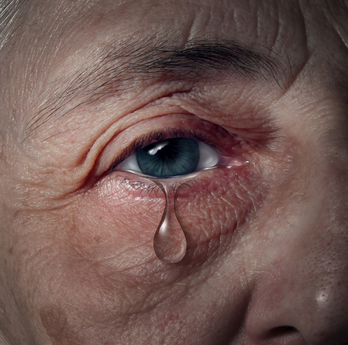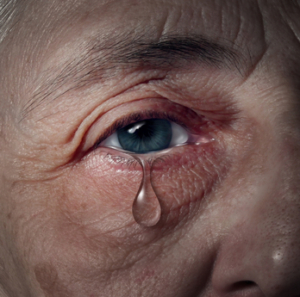This past week, a local elderly woman took her own life by jumping from the window in her retirement complex in St. Petersburg. We were saddened to read Nancy Yates’ story of deteriorating health and spirits. Unfortunately, there are other elders who may be facing similar situations, as well as neighbors, friends and family who may be unsure what to do to help. We will be focusing some extra attention on related issues over the next few weeks, to provide quality information to help you know where to turn and what to do (as well as bring general awareness to the issues of depression and suicide in the elderly). We start today with some important facts (and misconceptions) about depression in elders, as well as some recommended reading and resources.
- People over 65 make up about 13% of our country’s population, but about 18% of all suicides.
- Elderly white males have the highest rate of suicide of any group (over four times the overall rate of suicide).
- Depression affects more than 6.5 million of our nation’s 35 million elders.
- Depression often goes untreated in elders (many times for reasons related to the myths we’ll discuss). Untreated depression increases risk for physical and cognitive decline and often has fatal consequences (suicide and otherwise).
Here are some common myths about depression and suicide in elders, along with the realities. We hope these help to give a better picture of this issue.
Myth: It is normal to be depressed when you get older.
Reality: Depression is not a normal part of aging. Well-being generally increases with age, though there are certain factors often present as we age (isolation, illness, losses, etc.) that do put us at increased risk (particularly for those with a personal or family history of depression). Feeling down or grieving a loss is different from clinical depression.
Myth: Elderly people mainly commit suicide as a logical choice, deciding that they’d rather end their lives than live with pain or lowered quality of life.
Reality: There may be some people for whom this is the case, but research shows that for most people, untreated depression or mental illness is the most common factor. The person may be ashamed to admit to the depression or seek treatment, for fear of what that means or treatment costs. Many elders at risk of depression feel hopeless but are unaware of resources and options which could improve their quality of life. An elder may fear losing independence or being forced in to a nursing home, when there may be many other choices. Tragically, many depressed elders who die from suicide sought help (20 percent see a doctor the day they die, 40 percent the week they die and 70 percent in the month they die) but the signs were missed.
Myth: Confusion, difficulty concentrating and irritability are not signs of depression. Most elders will tell you they are sad and depressed.
Reality: In older adults, these less typical signs of depression may be more obvious than expressions of sadness. The perceived stigma of depression or mental illness may keep an elder from expressing his/her feelings. Physical symptoms like aches and pains or sleep changes might be signs that show up as well. Signs of depression in elders may mimic other diseases, and are thus often missed. An older person is much more likely to seek help for physical ailments than depression. Careful screening and a good diagnostic workup are essentials due to the complexity and overlap in symptoms.
Myth: If the elderly person doesn’t want help and isn’t being abused by anyone, there’s nothing I can do.
Reality: There are many things you can do. If you need help with how to approach the situation or talk to the person, contact an eldercare professional (give us a call any time at 727-447-5845) or helpline (the Florida elder helpline is 800-96ELDER). We will be sharing more information and discussions about what to watch for, how to approach someone when you are worried and resources to help.
In addition, Florida’s Mandatory Reporting statute (under F.S. 415) obligates certain persons (such as medical professionals, care staff, social workers, bank employees) to report abuse, neglect (including self-neglect) or exploitation of vulnerable adults. If a person may harm himself or is unable to care for herself and needs services, persons under this statute have a duty to make a report. Contact the Florida Abuse Hotline at (800)96 ABUSE.
Resources:
Depression in the Elderly: Signs, Symptoms and Getting Help
Ways to Help a Depressed Elder from Aging Wisely and EasyLiving Depression Help Ideas and Resources
NAMI (National Alliance on Mental Illness): Depression in Older Adults **Depression Statistics above from NAMI
National Suicide Prevention Hotline: 1-800-273-TALK (8255)
For questions, resources and consultations in Pinellas County/Tampa Bay, you can reach EasyLiving/Aging Wisely’s Senior Care Consultant at 727-447-5845.


